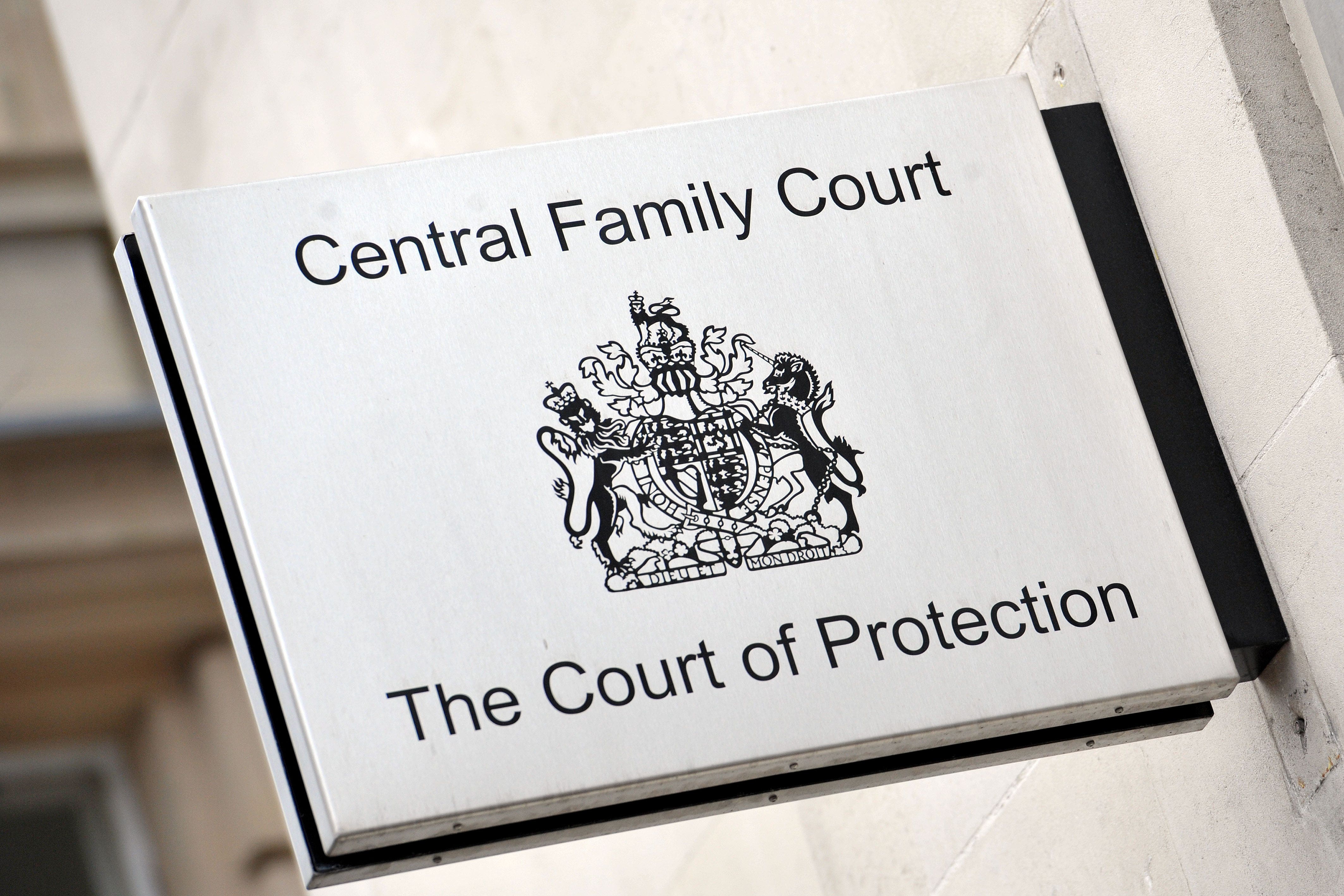‘Austerity played role’ in record numbers of children being taken into care
It has left local authorities with fewer resources to do something other than go to court, the head of the family courts has said.

Austerity has played a role in record numbers of children being taken into care, the head of the family courts said.
The economic policy implemented by the Conservative Party in 2010, which saw the Government cut spending on public services, has today left local authorities with fewer resources to do something other than go to court, Sir Andrew McFarlane explained.
The president of the Family Division in England and Wales also said the system operates with a greater volume of work than both the civil and crown courts, adding he “would think there’s something wrong with society” given how busy the family court is.
Sir Andrew’s comments come as a pilot scheme to increase transparency in the family court system is expanded to courts across the country.
Although reporters have had access to courts dealing with sensitive matters involving children for some time, despite them being closed to the public, reporting has been highly restricted to only what a judge will allow.
Last year a pilot scheme began in Leeds, Cardiff and Carlisle which allowed accredited journalists and legal bloggers to report on cases as they unfold, as they would do in the criminal courts, as long as the identities of the families and certain professionals involved were not revealed.
And from Monday, the pilot will be extended to 16 courts across the country, including in Liverpool, Yorkshire, Truro and Milton Keynes.
Sir Andrew told BBC Radio 4’s Today programme that journalists attending courts under the scheme have so far maintained “watertight” confidentiality over the parties involved and produced “high quality” reports.
He said it is “the aim” to make the model “standard” in family courts across England and Wales.
The total number of children in care in England stood at 83,840 at the end of March last year, according to Government figures.
Asked why there are record numbers of children being taken into care, Sir Andrew told the programme: “Over the course of decades our understanding of abuse and what is harmful to children has become far more sophisticated.
“Also I think it has to be said that with austerity, the resources available to local authorities to do something else other than come to court … are not there in the way that they were a decade ago.”
He added he believes poverty is playing a role.
I would think there’s something wrong with society that the family court is as busy as it is but that's not for me
Sir Andrew said the the public do not know the scale of the operation in the family courts.
“Unfortunately the family court operates at a higher level with greater volume of work than the civil courts – people suing each other because of a dispute – and it operates at a higher volume of work than the crown court does, doing high-level criminal cases.
“I would think there’s something wrong with society that the family court is as busy as it is, but that’s not for me.”
Sir Andrew told the programme tackling the backlog of cases and bringing timescales down in the family court system is his “number one priority”, and insisted the figures are “going in the right direction”.
Under the current law, journalists and legally-qualified bloggers can attend hearings in family courts, which are closed to the public, but can only report details of what happens in the courtroom if the judge hearing the case allows it.
The family courts taking part in the expanded pilot are in Liverpool, Manchester, West Yorkshire, Kingston-Upon-Hull, Nottingham, Stoke, Derby, Birmingham, the Central Family Court in London, East London, West London, Dorset Truro, Luton, Guildford and Milton Keynes.
Bookmark popover
Removed from bookmarks